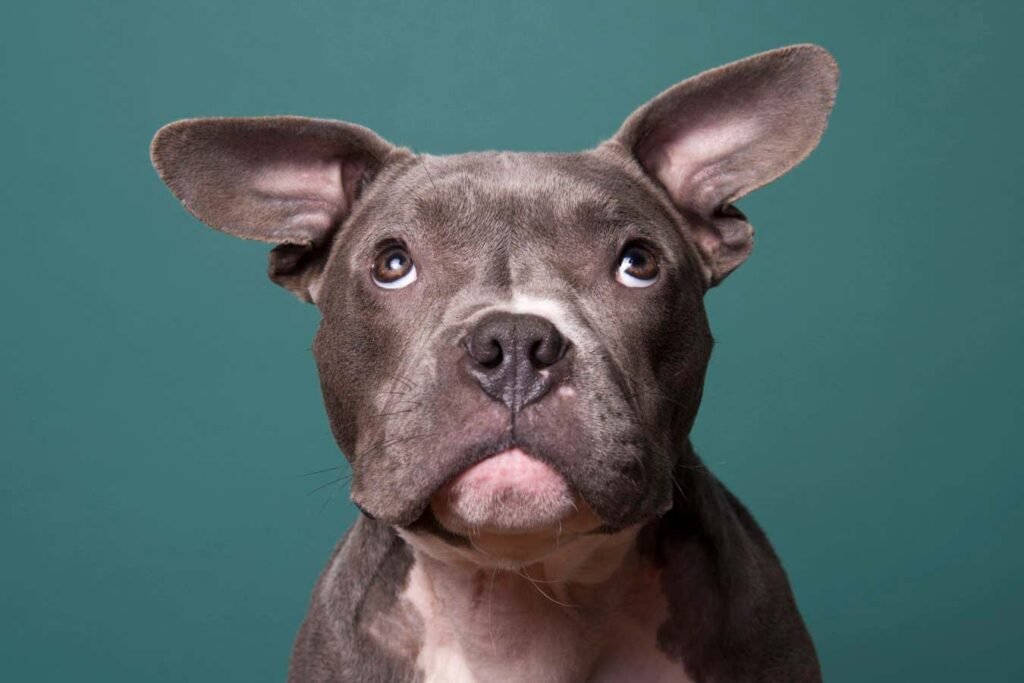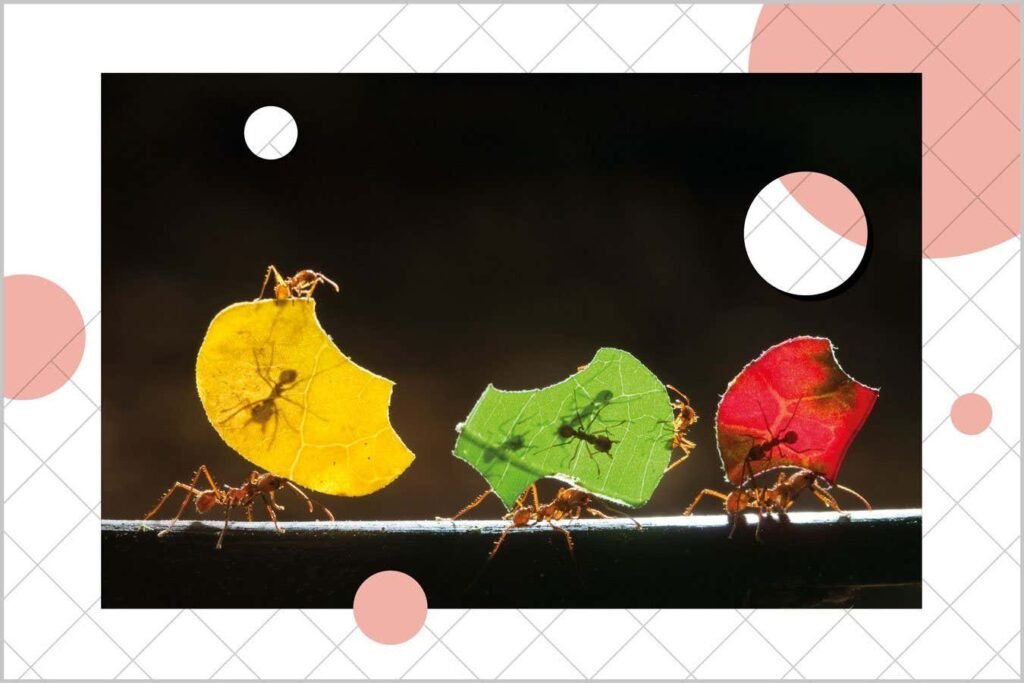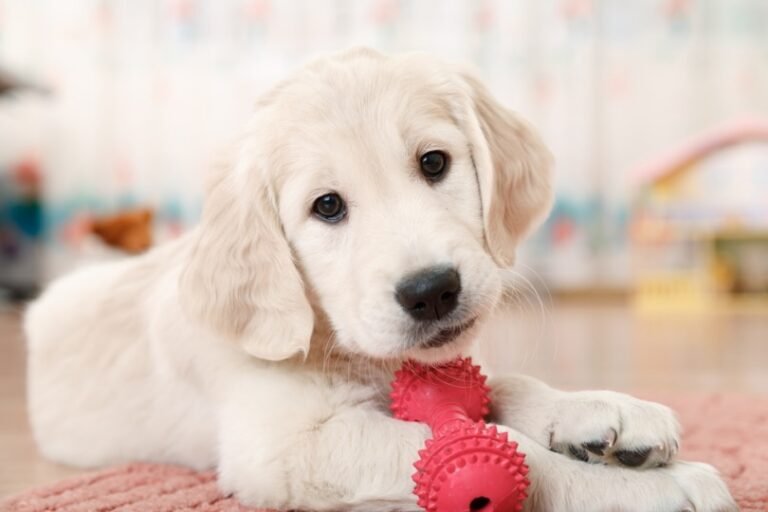Have you ever wondered how the process of training a dog can be elevated by science? It’s a fascinating topic that blends expertise in animal behavior with practical applications for dog owners like you. Whether you’re a new puppy parent or someone just curious about canine training, understanding how scientific insights are applied can enhance your experience and results.

This image is property of images.newscientist.com.
The Evolution of Dog Training
In the past, dog training largely relied on traditional methods based on obedience and discipline. However, recent advances in cognitive science have transformed our approach. Now there’s evidence to suggest that understanding how dogs think can lead to more effective training strategies that prioritize positive reinforcement over outdated techniques. This shift has led to what many now call “puppy kindergarten,” where the goal is not just obedience but fostering a well-rounded canine companion.
The Importance of Puppy Kindergarten
Puppy kindergarten is not just a trend; it’s a crucial stage in a dog’s development. During the first few months of life, puppies are particularly impressionable. This period is when they learn the social norms of being a dog and how to interact with the human world. Enrolling your puppy in a well-structured kindergarten program can give them the socialization and education they need to thrive in various environments.
Benefits of Early Socialization
Socialization is key to your puppy’s emotional health. In a puppy kindergarten environment, they encounter various stimuli: other dogs, people, and different settings. These experiences reduce the chances of developing behavioral issues later on. You want your furry friend to feel comfortable in a range of situations, from bustling parks to quiet homes.
| Benefits of Early Socialization | Description |
|---|---|
| Reduces Fear and Anxiety | Helps your pup adjust to new environments. |
| Improves Behavior | Encourages positive interactions with other dogs. |
| Promotes Healthy Development | Supports mental and emotional growth. |
The Role of Science in Dog Training
You might be wondering how science can specifically enhance dog training. Researchers have made significant strides in understanding canine cognition and behavior. By applying these insights, trainers can employ techniques that align with your dog’s innate tendencies.
Understanding Canine Cognition
When scientific studies look into canine cognition, they reveal that dogs are capable of complex thoughts and emotions. For instance, dogs process human commands and emotions much like we do. A study led by Brian Hare, a leading canine cognition researcher, showcases that dogs are incredibly adept at understanding human gestures. This information can guide you in using effective commands that resonate with your pet.
Positive Reinforcement Techniques
Positive reinforcement involves rewarding your dog for good behavior rather than punishing unwanted actions. It has been consistently supported by research as one of the most effective training methods. This could involve treats, praise, or playtime for executing commands correctly.
The Science Behind Reward Systems
Research has indicated that positive reinforcement activates the brain’s reward center in dogs, making them more likely to repeat the desired behavior. It’s a win-win situation for you and your puppy! The use of treats, for instance, triggers the release of dopamine, which not only reinforces good behavior but also creates a joyful experience for your pup.

This image is property of images.newscientist.com.
Preparing for Puppy Kindergarten
As you think about enrolling your pup in a kindergarten program, there are several factors to consider. Preparation can make the experience smoother for both you and your furry friend.
Assessing Your Puppy’s Readiness
Every puppy is different. Some may take to socialization immediately, while others may need a little more time. Observe your pup’s behavior in various social situations to gauge their readiness. Look for signs of curiosity and engagement rather than fear or aggression.
Choosing the Right Program
Not all puppy kindergarten programs are created equal. You should look for classes that emphasize science-based training methods. Research instructors’ credentials, the structure of the program, and the socialization opportunities available.
| Factors to Consider in a Puppy Kindergarten | Description |
|---|---|
| Instructor Qualifications | Ensure trainers are certified in canine behavior and science. |
| Class Size | Smaller classes allow more individual attention for your puppy. |
| Socialization Opportunities | Look for programs that prioritize interaction with other puppies. |
Preparing for Class
Taking time to prepare for each session will enhance your experience. Bring along your puppy’s favorite toys, treats, and any necessary equipment like leashes and collars. Familiarize your puppy with basic commands such as “sit” and “come” to make the learning process smoother.
The Curriculum of Puppy Kindergarten
Understanding what your puppy will learn in kindergarten helps you anticipate the skills they will acquire.
Socialization Skills
Your puppy will interact with both humans and other dogs, learning to communicate effectively. Exposure to different environments can significantly improve their adaptability.
Basic Obedience Commands
Your pup will be introduced to fundamental commands such as sit, stay, and heel. As these commands form the basis of obedience training, practicing them at home will help reinforce the lessons learned in class.
Problem-Solving and Cognitive Skills
Puppy kindergarten will also introduce problem-solving games that stimulate your pup’s mind. Activities like hiding treats and teaching your puppy to find them will engage their cognitive skills and encourage a love for learning new things.

This image is property of images.newscientist.com.
The Science Behind Training Your Puppy
Understanding the underlying science can give you an advantage in how you approach training.
The Role of Genetics in Behavior
Just like humans, dogs come with their unique genetic makeups. Certain breeds may have predispositions to specific traits, such as stubbornness or eagerness to please. Understanding your dog’s breed characteristics can help you tailor your training approach and expectations for their behavior.
The Impact of Environment
The environment plays a significant role in shaping a puppy’s development. Factors such as stress, noise, and interaction experiences can influence their behavior both positively and negatively. Thus, a controlled and positive environment during puppy kindergarten is essential.
The Importance of Consistency
Consistency is key in dog training. Using the same commands and rewards across various settings will help your puppy learn effectively. If you consistently reinforce behaviors you want to encourage, your dog will better understand what is expected.
Advanced Training Techniques
As your puppy progresses through kindergarten, you may be interested in exploring advanced training techniques shaped by scientific research.
Clicker Training
This technique uses a distinct sound to mark desirable behaviors. The clicker acts as a communication tool between you and your dog, signaling that a reward is coming. Science shows that this method helps clarify the behavior being rewarded, leading to quicker learning.
Target Training
Target training involves teaching your puppy to touch or follow a specific object, often leading to positive behaviors you might want to reinforce. This form of training leverages your puppy’s natural curiosity and affinity for games, making it fun for both of you.
Canine Fitness and Mental Stimulation
Incorporating physical exercise and mental challenges can keep your dog balanced and happy. Low-impact activities such as basic agility courses or puzzle toys stimulate your dog’s body and mind.

This image is property of images.newscientist.com.
Overcoming Challenges in Puppy Training
Despite the best intentions, challenges may arise during training.
Behavioral Issues
If you notice behavioral issues such as biting, excessive barking, or resistance to commands, it’s essential to address them proactively. Seeking assistance from a canine behaviorist or trainer trained in positive reinforcement can help manage these situations effectively.
Common Training Mistakes
Sometimes, you may inadvertently reinforce unwanted behaviors. For instance, giving in to a pup’s begging can teach them that whining is an effective strategy to get what they want. Awareness of these scenarios can help you correct course.
Ongoing Training
Training doesn’t stop after puppy kindergarten. Continuing to challenge and engage your dog in the learning process strengthens your bond and reinforces good behavior. Keep introducing new commands and tricks to keep the experience fresh and stimulating.
The Next Steps After Puppy Kindergarten
Completing puppy kindergarten is just the beginning of an enriching journey with your dog.
Continuing Education
Consider enrolling in advanced training classes or agility courses. These programs provide ongoing socialization and learning opportunities, ensuring your dog remains well-rounded and engaged as they grow.
Bonding Activities
Your bond with your dog is strengthened through shared experiences. Engage in regular activities such as hiking, playing fetch, or attending dog-friendly events. The more time you spend together, the stronger your relationship will be.
Monitoring Development
Keep an eye out for any behavioral changes as your puppy matures. Regularly reassess their training needs and adapt your strategies as necessary. Effective dog training is an ongoing process that benefits from continuous attention and nurturing.

This image is property of images.newscientist.com.
Final Thoughts
The integration of scientific research into puppy kindergarten offers innovative methods that can transform your training experience. By understanding canine cognition, employing positive reinforcement, and creating a nurturing environment, you set the stage for a lifelong companionship built on trust, respect, and joy. With a little patience and effort, your puppy can grow into a well-balanced and happy canine family member. You have the tools and knowledge to make this journey enjoyable for both you and your four-legged friend.



